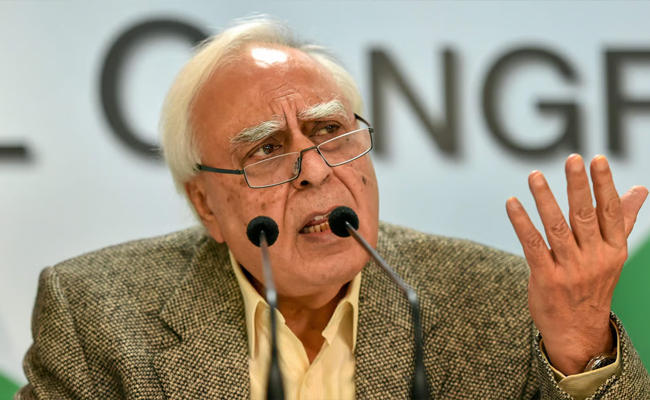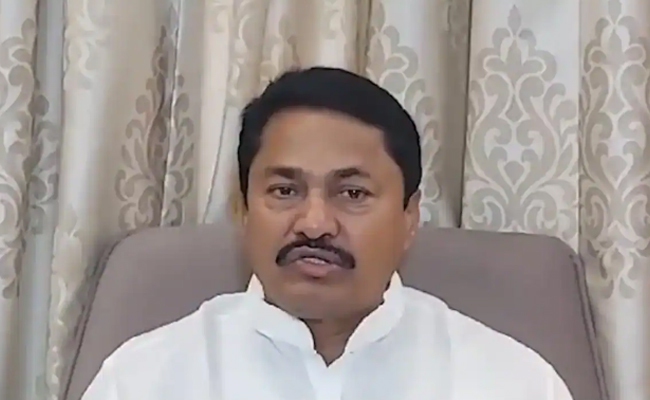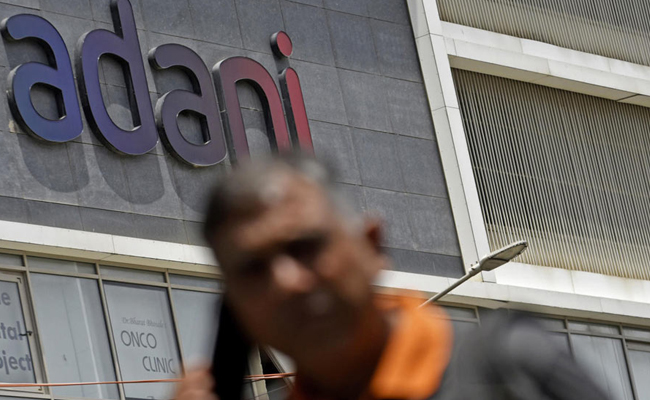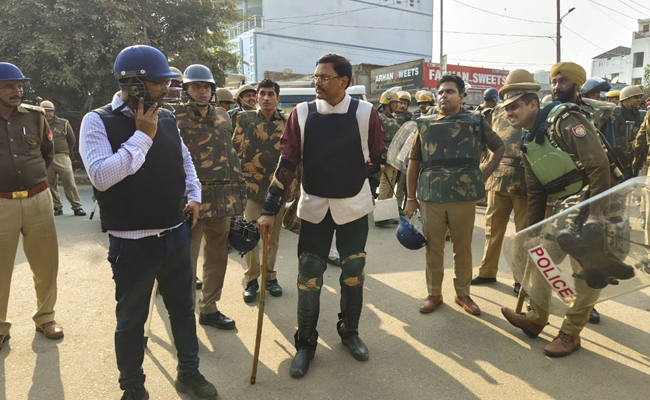New Delhi: Senior Advocate and Supreme Court Bar Association President, Kapil Sibal, on Saturday expressed concern over the tendency of liberal judges' rulings evolving after their elevation to High Court Chief Justice positions. He observed that judges with a liberal stance often appear to adjust their judgments subtly as they aspire for further elevation to the Supreme Court.
Delivering a lecture at the Sikkim Judicial Academy, Sibal, also a Member of Parliament, remarked, "Judges who were notably liberal seem to subtly alter the tone of their judgments upon becoming Chief Justices. This happens due to natural human aspirations, as many wish to reach the Supreme Court."
Sibal critiqued the Collegium system, noting that appointments within the higher judiciary are not consistently merit-based. He explained that Chief Justices often look to Supreme Court judges for possible elevation, leading to a subtle alignment in their rulings.
Reflecting on the creation of the Collegium, Sibal stated that its purpose was initially to counter political influence, ensuring judges were chosen based on professional assessment rather than political lobbying. However, he added, the outcome shifted, with aspirants now approaching judges for recommendations instead of politicians.
Sibal also pointed out the absence of clear parameters in the selection process for elevating Chief Justices to the Supreme Court, noting, "This ambiguity leaves Chief Justices striving for elevation without a clear understanding of the selection criteria."
He further highlighted that this informal hierarchy between the High Courts and the Supreme Court has inadvertently created a system of dependency, with judges at various levels looking to advance through endorsement from their superiors.
Let the Truth be known. If you read VB and like VB, please be a VB Supporter and Help us deliver the Truth to one and all.
Mumbai: Nana Patole has stepped down as the President of the Maharashtra Pradesh Congress Committee, days after the party faced a severe defeat in the state assembly elections.
The party’s poor performance in the elections had raised concerns about its leadership and strategy in the state.
The Congress, which contested 101 seats as part of the MVA, posted its worst-ever defeat by managing to win only 16 seats.





